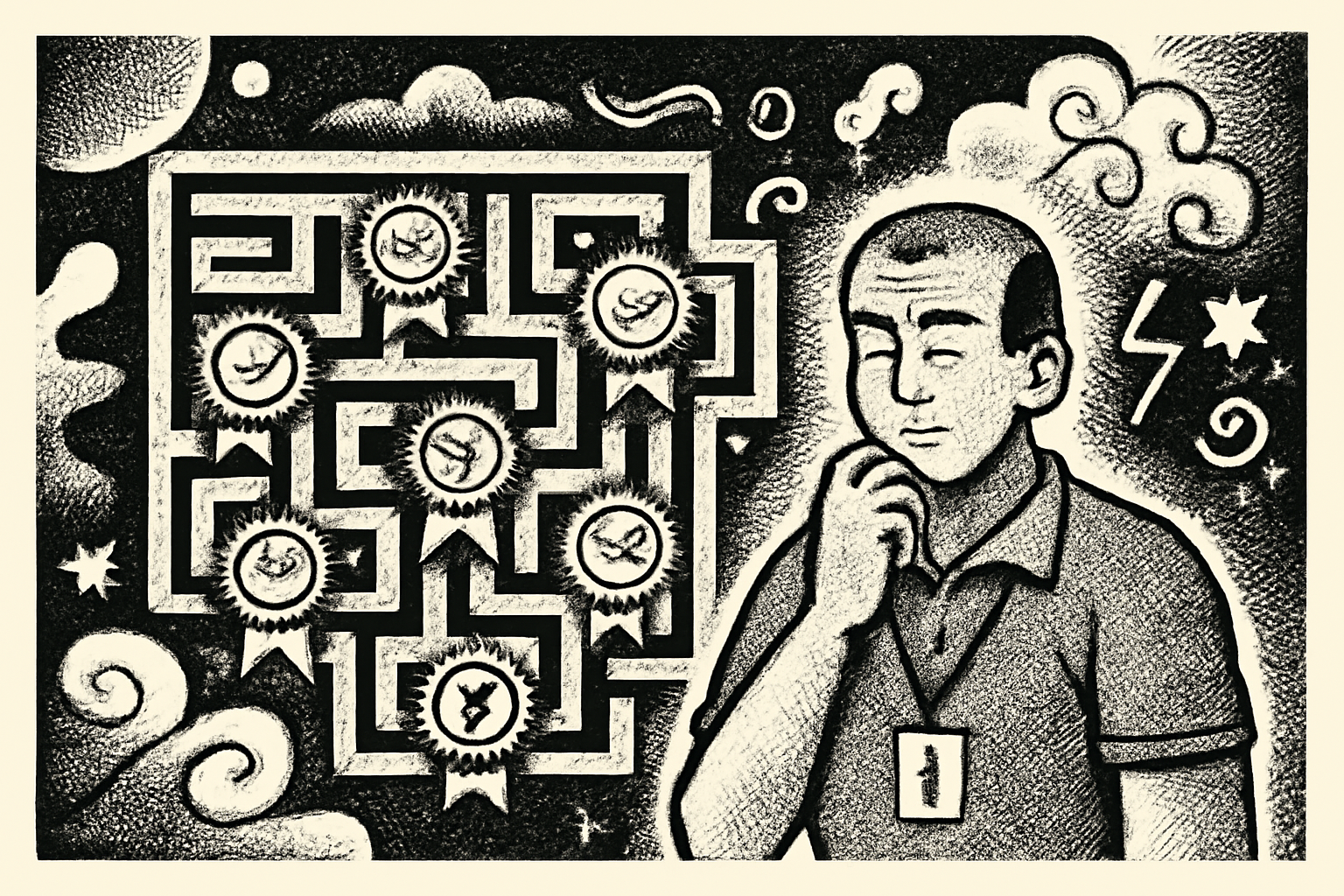
Accreditation in the realm of life coaching serves as a significant point of contention among practitioners, fundamentally owing to divergent perspectives on what constitutes valid authority and effective training. The life coaching industry, devoid of universally mandated regulations, presents a landscape where accreditation bodies attempt to impose standards to ensure competency and ethical practice.
At the heart of the debate is the legitimacy and necessity of accreditation. Proponents argue that formal accreditation is crucial for establishing industry standards, ensuring practitioners possess reliable skills and adhere to ethical codes. This, they maintain, enhances the credibility of life coaching as a profession and builds public trust. Accredited programs typically cover essential areas such as active listening, goal-setting, ethical considerations, and business management, providing a comprehensive framework that reinforces practitioner competence.
Conversely, opponents of formal accreditation emphasize individual expertise, personal development, and unique coaching methodologies that may not align with standardized accreditation. These practitioners often view formal certification as limiting and argue that it can stifle innovation and personalized approaches that cater to specific client needs. Furthermore, the cost and accessibility of accredited programs can pose a barrier to entry, potentially disadvantaging capable individuals who might otherwise contribute valuably to the field.
Another point of contention lies in the diversity and number of accrediting bodies, which can vary widely in their criteria and reputation. This multiplicity can lead to confusion among clients and practitioners alike, as the absence of a singular authoritative accrediting organization makes it challenging to determine which credentials are most valid or respected.
Ultimately, the politics of accreditation in life coaching reflect broader debates about professionalization, accessibility, and the value of diverse coaching models. The ongoing division underscores a critical challenge for the industry, where the balance between standardization and flexibility must be navigated to promote growth, inclusivity, and client-centric outcomes.